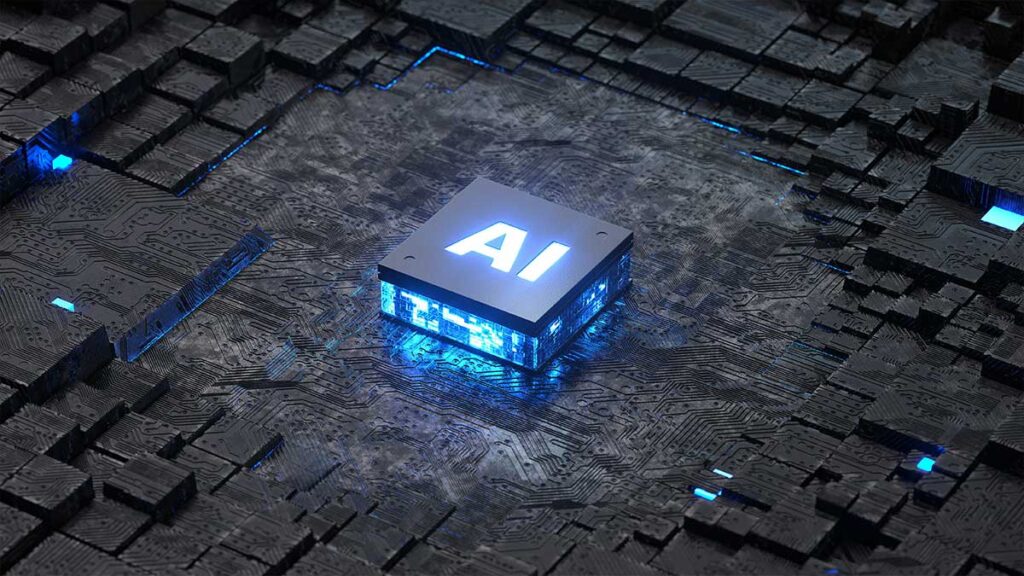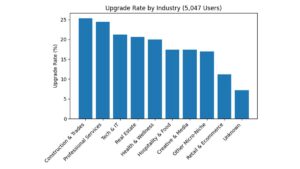The Rise of AI in Accounting
Artificial intelligence is shaking up industries, but accounting is one of the professions people worry about most. Will AI take over accounting and leave human accountants behind?
Bookkeeping automation powered by AI is already transforming financial tasks, streamlining processes, and boosting accuracy. But that does not mean accountants are becoming obsolete. Instead, AI bookkeeping is enhancing the profession and the best accountants are using it to their advantage.
The Role of Accountants Today
Before we dive into the future, let’s ground ourselves in the present. Accountants do much more than crunch numbers. They:
- Prepare, examine, and evaluate financial and tax records.
- Guide businesses through financial risks.
- Help companies make data-driven decisions.
- Streamline financial operations for efficiency and growth.
Some roles require specialized credentials like a CPA license or a master’s degree in accounting. Others focus on bookkeeping and business support. But across the board, accountants provide strategy, foresight, and trust: qualities AI cannot replicate.
How AI Is Transforming Accounting
The Big Four firms, Deloitte, PwC, EY, and KPMG, are all investing heavily in AI. They are not replacing accountants, but instead rolling out AI tools to make accountants faster and more accurate.
Examples include:
- Deloitte’s DARTbot: A generative AI chatbot that speeds up complex research.
- PwC’s Risk Link: AI-driven regulatory analysis that strengthens compliance.
- AI-Powered Bookkeeping Tools: From QuickBooks to SparkReceipt, automation now covers expense categorization, invoice management, reconciliation, and real-time reporting.
These tools do not replace accountants, they enhance them.
The Power of Bookkeeping Automation AI
AI bookkeeping tools give accountants more time to focus on advisory work. Here’s how:
- Automated Invoicing: AI-generated invoices eliminate manual data entry.
- Effortless Reconciliation: AI matches transactions with bank feeds in seconds.
- Fraud Detection: Algorithms flag anomalies and protect businesses from hidden risks.
- Tax Support: AI streamlines tax research and offers predictive insights for more accurate returns.
Firms that implement automation report significant gains in accuracy, productivity, and even job satisfaction.
Will AI Replace Accountants or Assist Them?
Let’s get clear: AI is powerful, but it is not a replacement for human accountants.
Where humans win:
- Complex Tax Regulations: AI struggles with nuance and frequent legal changes.
- Strategic Planning: Accountants turn raw data into business growth strategies.
- Client Relationships: Trust, empathy, and reassurance cannot be automated.
- High-Stakes Decisions: Mergers, acquisitions, and audits require human judgment.
In other words, AI does the heavy lifting. Humans make the calls.
Benefits of AI Integration in Accounting
Bringing AI into accounting workflows delivers clear advantages:
- Increased Efficiency: Routine tasks are done faster and more accurately.
- Continuous Auditing: Automated systems monitor finances in real time.
- Active Insights: AI processes massive datasets, providing trends and forecasts that humans might miss.
- Reduced Burnout: With fewer repetitive tasks, accountants can focus on rewarding, high-value work.
This is not about machines replacing jobs. It is about accountants reclaiming time.
Job Security and the Future of Accounting
Will AI replace accountants in the next five years? Unlikely. AI is advancing fast, but major breakthroughs would be needed before it could replace the strategic and interpersonal aspects of accounting.
Instead, the profession is evolving:
- Accountants who adopt AI tools will stay ahead of competitors.
- Those who resist risk falling behind.
- Upskilling in AI, data analytics, and business strategy will be critical.
According to Market.us, the global AI in accounting market could reach 88.2 billion dollars by 2033. That growth will not eliminate jobs, it will reshape them.
Skills for the Accountant of the Future
To thrive in an AI-powered future, accountants should:
- Learn how AI interfaces work in accounting platforms.
- Adopt data analytics tools such as Power BI or Tableau.
- Build adjacent skills in business strategy and client advisory.
- Stay sharp on ethical and regulatory considerations.
The best accountants will be technologists and strategists, not just bookkeepers.
Ethical and Regulatory Considerations
With AI comes responsibility. Accountants handle sensitive data, so privacy and compliance matter more than ever.
- Data Privacy: Financial records must stay secure.
- Regulations: States are already passing AI-related legislation.
- Transparency: Firms must be clear about how their AI tools work and what data they use.
This creates an opportunity. Accountants can take the lead in responsible AI adoption, setting standards for data security and client trust.
The SparkReceipt Advantage
AI is not here to erase accountants. It is here to empower them. That is exactly what SparkReceipt does. By automating expense tracking and categorization, SparkReceipt frees accountants to focus on what really matters: strategy, insight, and client relationships.
Whether you are an independent accountant or part of a large firm, SparkReceipt makes bookkeeping smarter, faster, and future-proof. Learn more.
Can AI Replace Accountants? Not So Fast.
The verdict is simple. AI is changing accounting, but it is not replacing accountants. Instead, it is reshaping the profession and turning accountants into strategic partners who combine human judgment with machine efficiency.
The accountants who thrive will not fear AI. They will master it.




